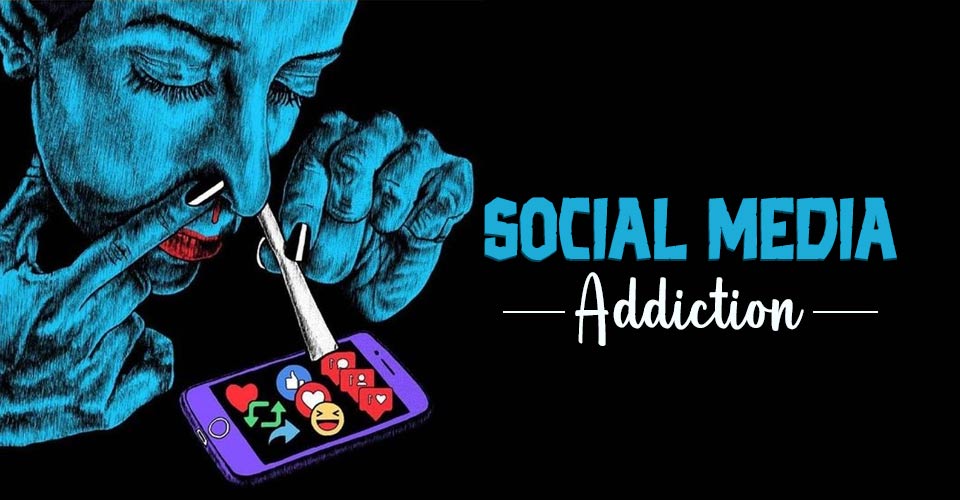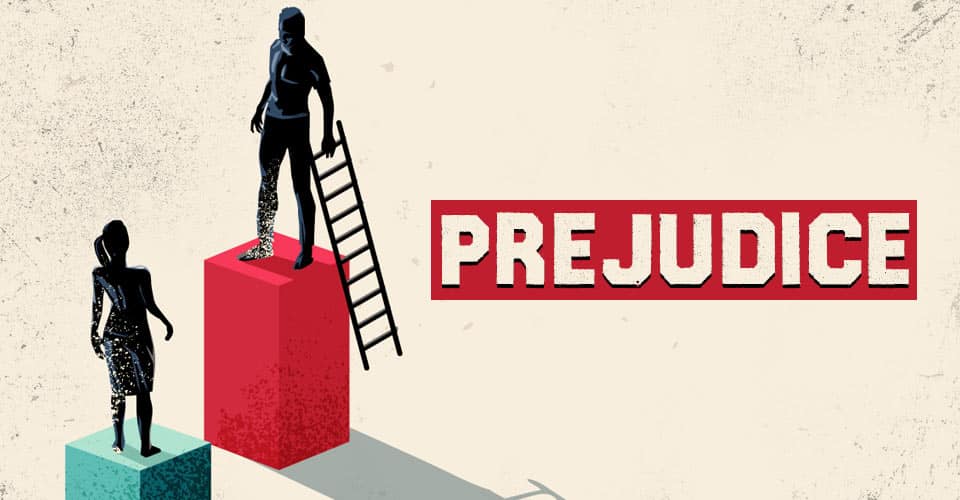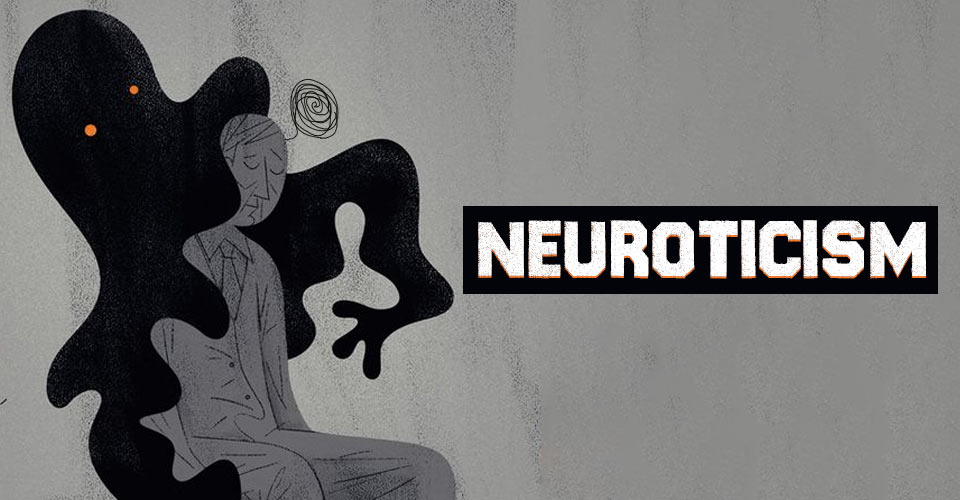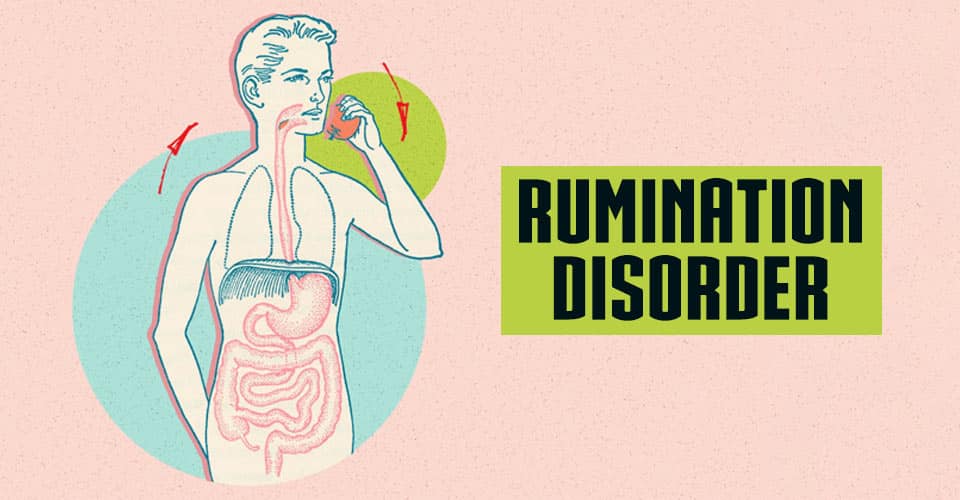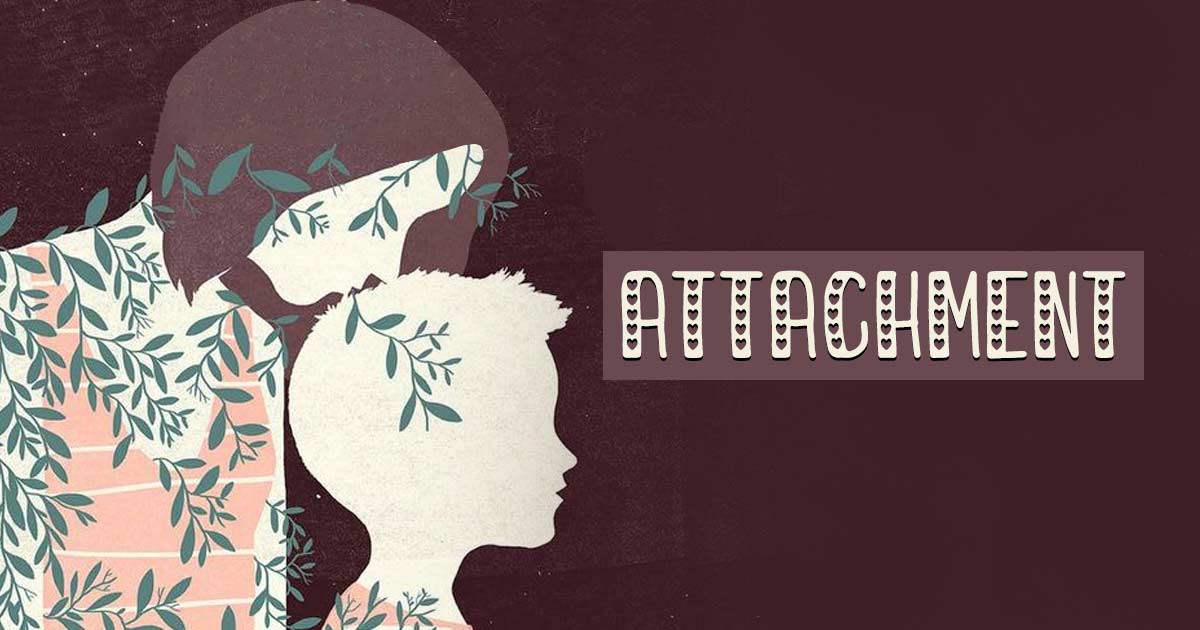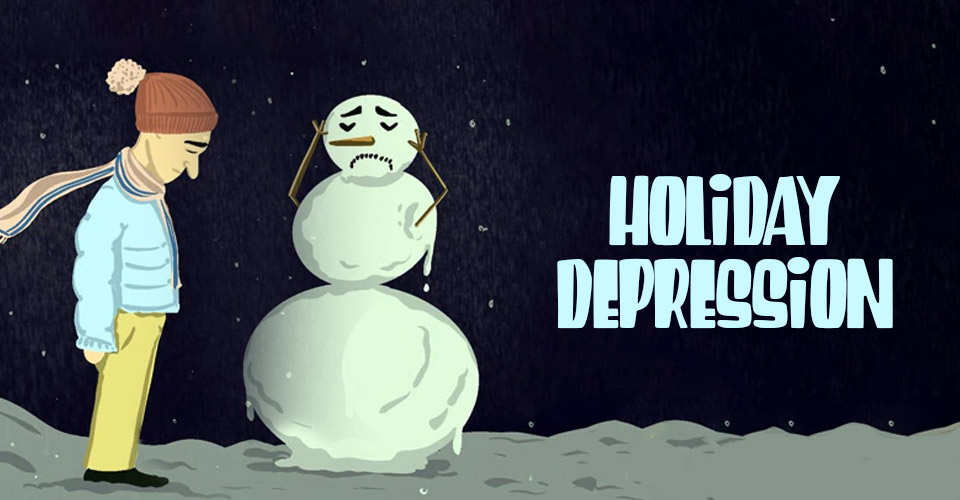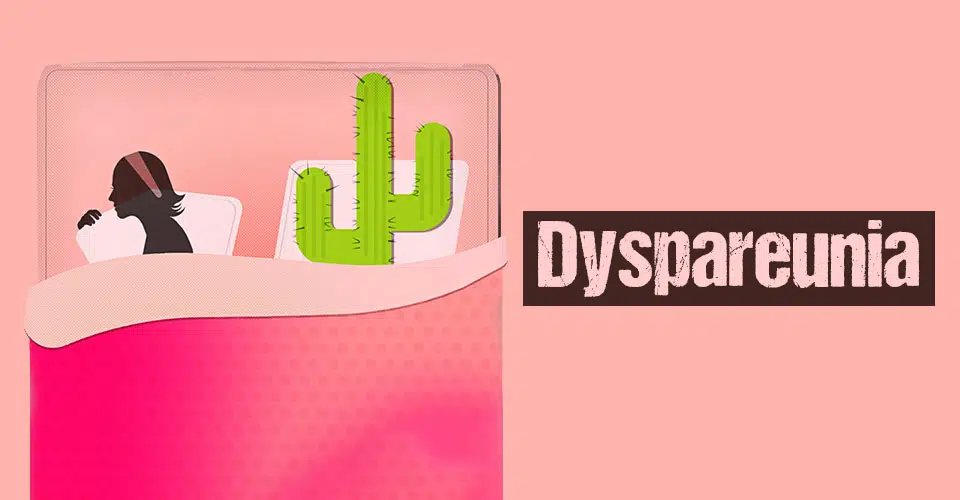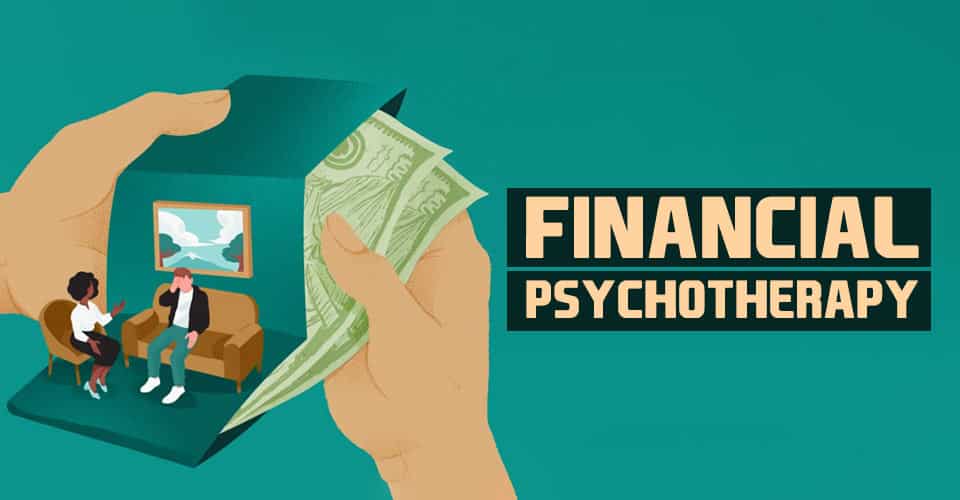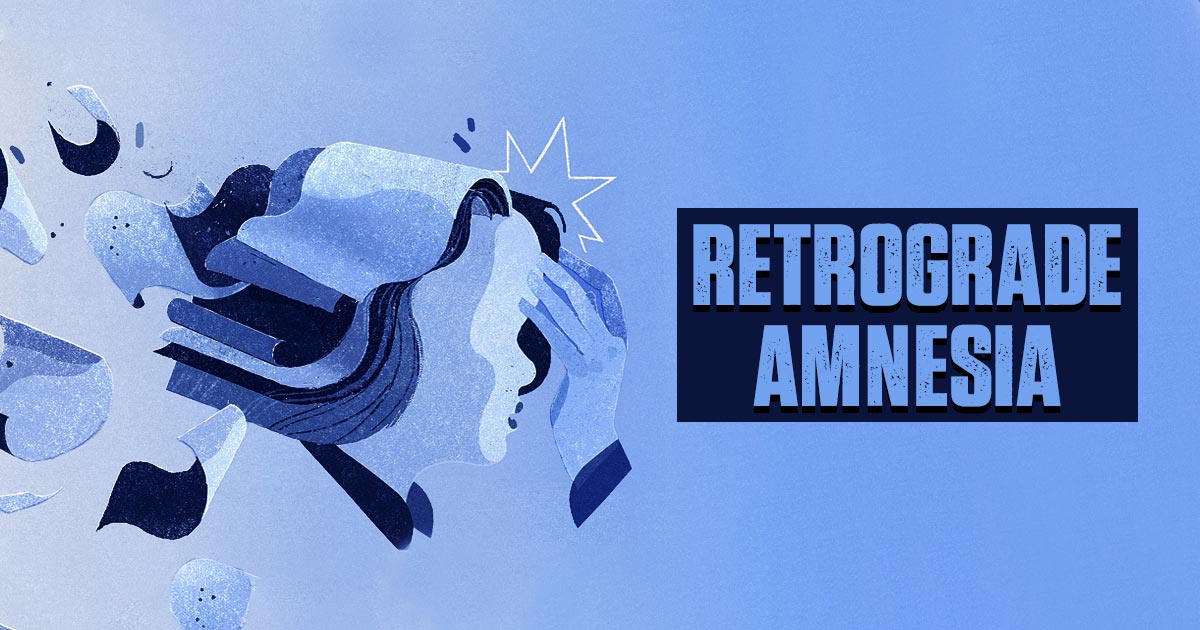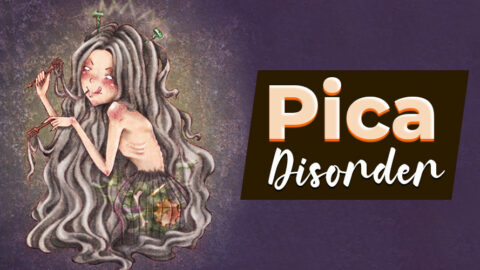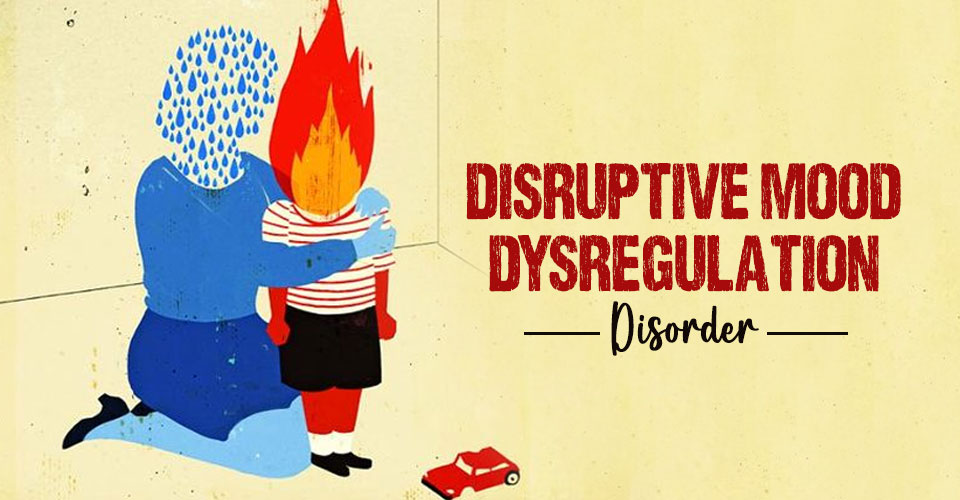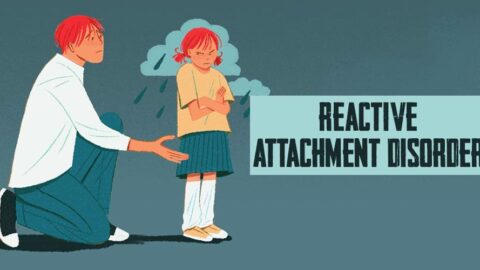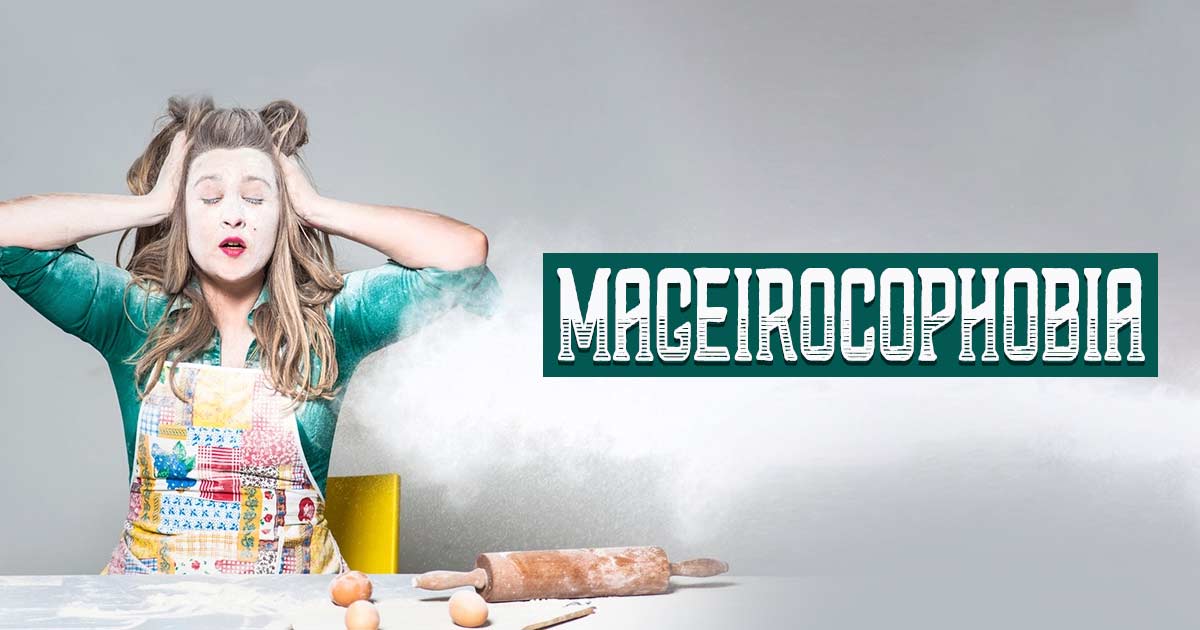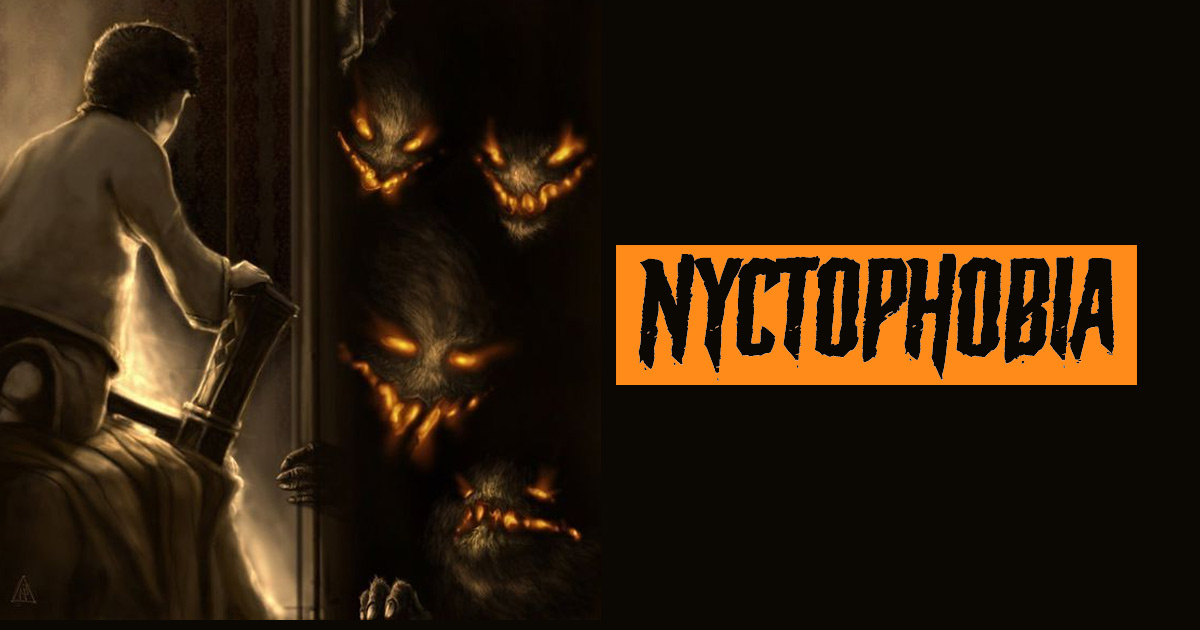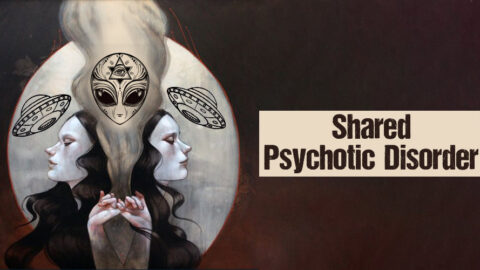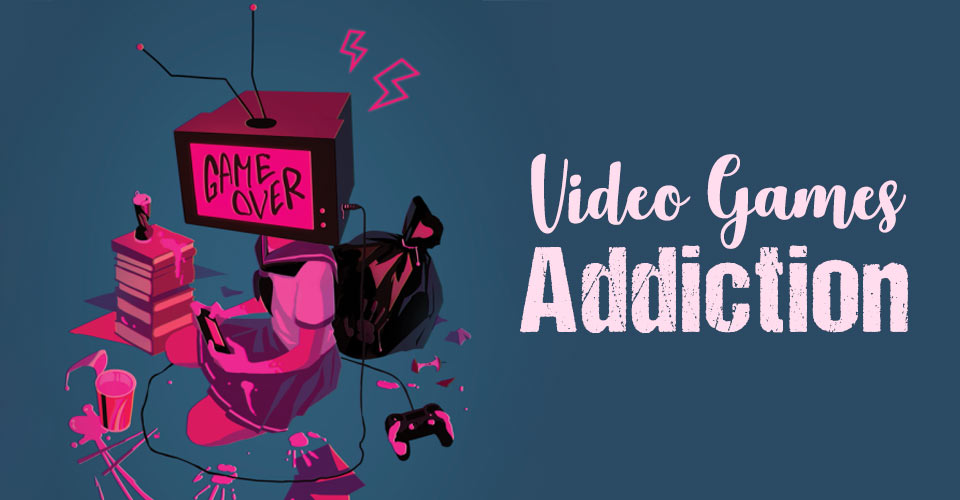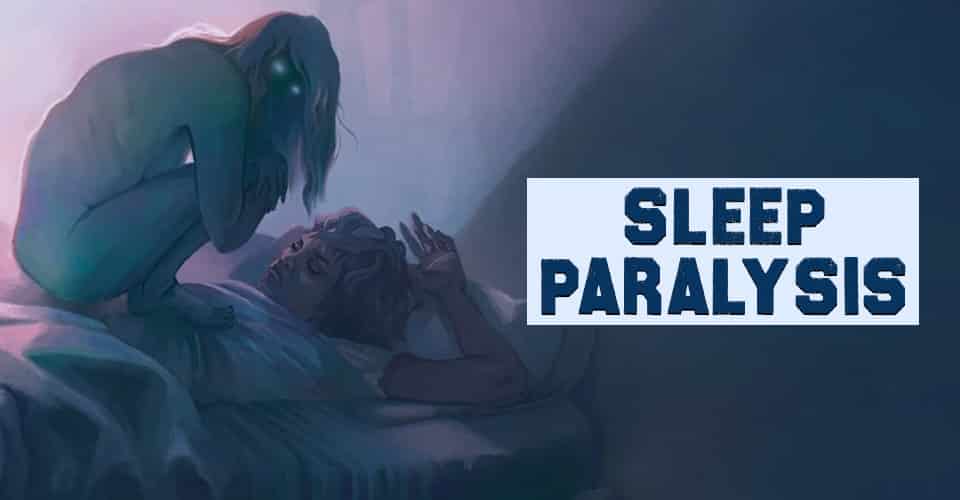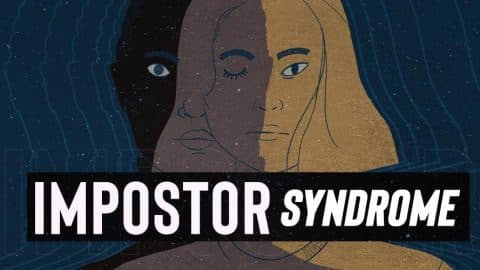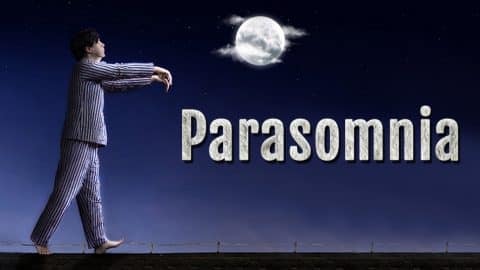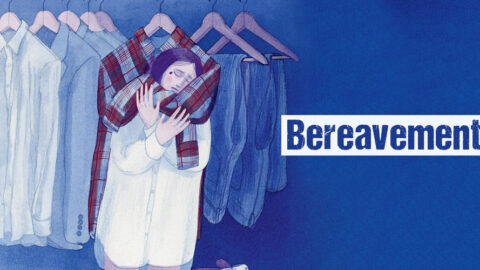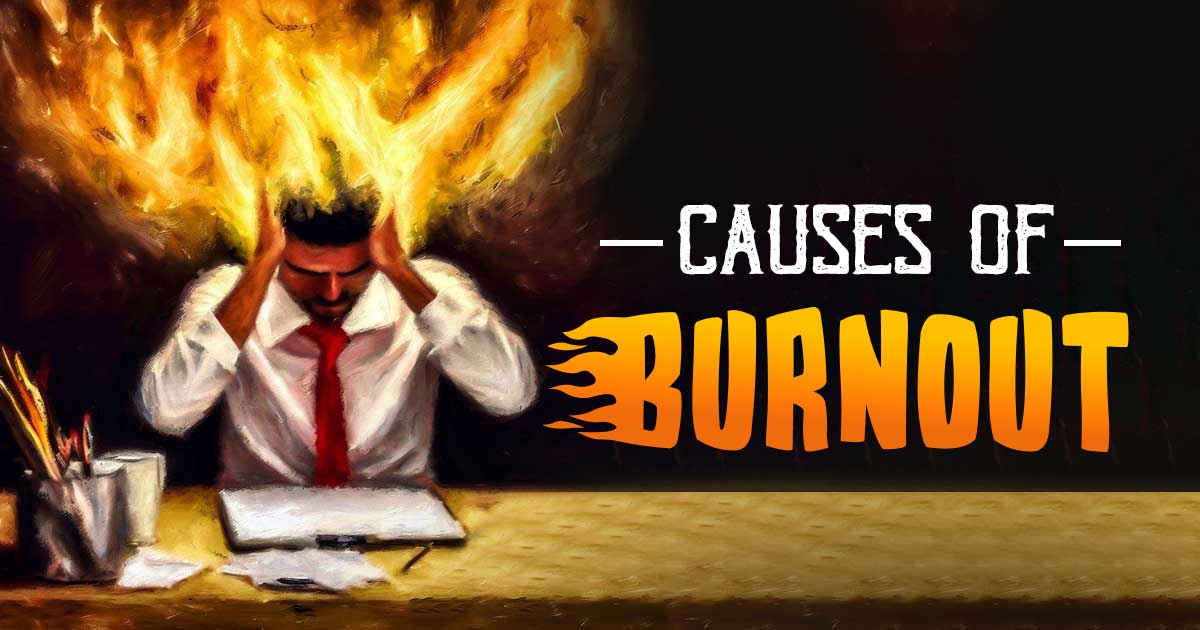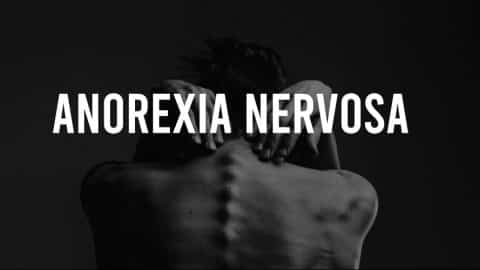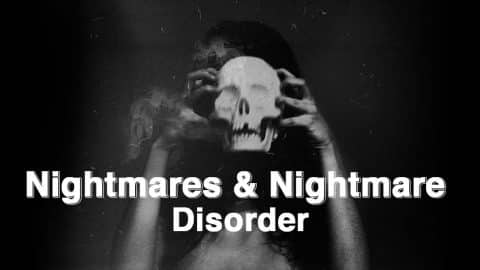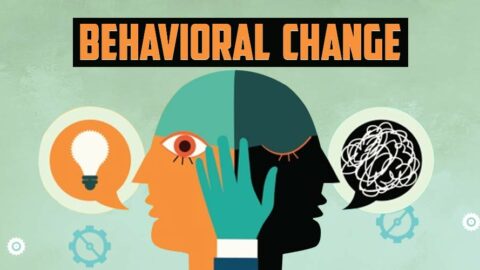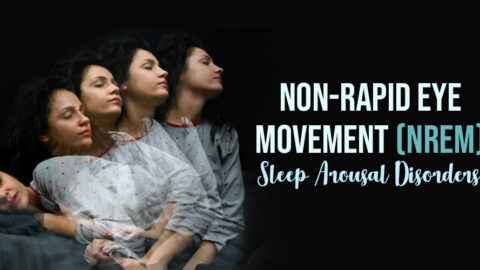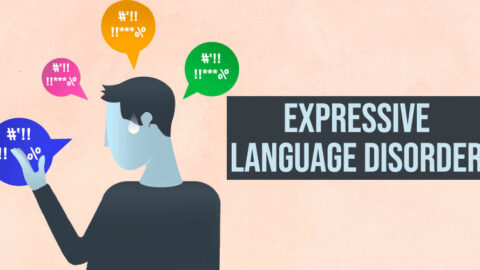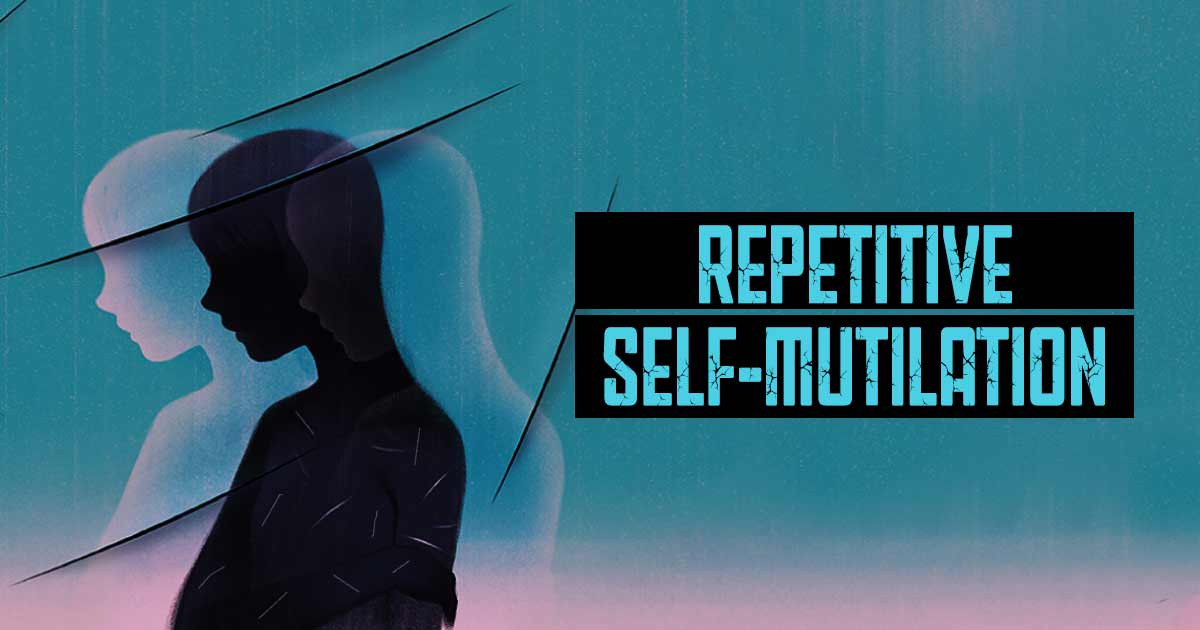Social media comprises interactive technologies (websites and applications) that focus on communication as well as the creation and sharing of information over the Internet. Along these lines, social media addiction is popularly described as the pathological use of social media platforms.
What Is Social Media Addiction?
Social media addiction is popularly defined as a mental health condition 1 Karim, F., Oyewande, A. A., Abdalla, L. F., Chaudhry Ehsanullah, R., & Khan, S. (2020). Social Media Use and Its Connection to Mental Health: A Systematic Review. Cureus, 12(6), e8627. https://doi.org/10.7759/cureus.8627 in which a person experiences an uncontrollable and compulsive urge to use social media. Its main signs involve an obsessive preoccupation with internet activities as well as psychological dependence and withdrawal symptoms induced by the lack of social media use.
If a person spends more than 9 hours a day on social media, they are taken to be a “social media addict 2 Chegeni, M., Shahrbabaki, P. M., Shahrbabaki, M. E., Nakhaee, N., & Haghdoost, A. (2021). Why people are becoming addicted to social media: A qualitative study. Journal of education and health promotion, 10(1), 175. https://doi.org/10.4103/jehp.jehp_1109_20 ”. While it is not a formally recognized mental health disorder in psychiatric manuals, it has been included within the purview of impulse-control disorders and is considered a crippling health hazard that could mandate professional attention.
With the advent of the Internet in the 1990s, the term “Internet addiction disorder”(IAD) was coined by American psychiatrist Ivan K. Goldberg 3 Cash, H., Rae, C. D., Steel, A. H., & Winkler, A. (2012). Internet Addiction: A Brief Summary of Research and Practice. Current psychiatry reviews, 8(4), 292–298. https://doi.org/10.2174/157340012803520513 . He developed the term as a dig at the complexity and rigidity of the American Psychiatric Association’s (APA) Diagnostic and Statistical Manual of Mental Disorders (DSM).
In later years, the terms “problematic internet use” or “pathological internet use” came to mean problematic and compulsive use of the internet that significantly impairs a person’s physical and mental health.
As social media platforms became widely popular in the early 2000s, researchers and the medical community became alive to the association between social media and addiction.
Possibly, around this time, the term “social media addiction” was colloquially used to mean the addictive dependence on social media platforms like Facebook, YouTube, Instagram, Twitter, Snapchat, etc.
Case Study
Arya, a 25 year old woman, claimed that she couldn’t live without social media. On average, she spent about six to seven hours on Instagram daily, mostly keeping track of likes, comments, followers and other numbers.
Over the past couple of years, she had given up almost all activities that did not involve posting on Instagram/ Twitter and barely interacted with her family as well. Arya often planned her life around her posts, rather than the other way round.
Recently, Arya’s Instagram followers had been decreasing, which led to her posting more pictures in hopes of gaining them back. For days, Arya stayed cooped up in her room staring at her phone and refusing to eat anything.
She was convinced that if she lost enough weight, it would help her get more likes. Soon, she started hallucinating the notification ring and would get significantly upset every time she realized it was not real.
Over the next few days, Arya’s mental and physical health deteriorated to such an extent that she had to be hospitalized. A consultation with the psychiatrist revealed that Arya was not only addicted to social media but was also suffering from an eating disorder as a consequence.
Signs Of Social Media Addiction
The common social media addiction symptoms 4 Azizi, S. M., Soroush, A., & Khatony, A. (2019). The relationship between social networking addiction and academic performance in Iranian students of medical sciences: a cross-sectional study. BMC psychology, 7(1), 28. https://doi.org/10.1186/s40359-019-0305-0 include:
- Spending an excessive amount of time on social media
- Thinking obsessively about social media, even when not using it
- Withdrawing from other activities (like spending time with family or hobbies)
- Obsessing over online image and reputation
- Feeling anxious when one cannot check social media
- Spending a lot of time thinking about and planning social media posts
- Getting false alarms about social media notifications on the phone
- Obsessing over social media interactions (like comments, chats, likes, shares, etc.)
- Neglecting tasks and duties because of social media use
- An inability to cut back on social media use
- Doomscrolling
Causes Of Social Media Addiction
The common causes 5 Chegeni, M., Shahrbabaki, P. M., Shahrbabaki, M. E., Nakhaee, N., & Haghdoost, A. (2021). Why people are becoming addicted to social media: A qualitative study. Journal of education and health promotion, 10(1), 175. https://doi.org/10.4103/jehp.jehp_1109_20 of social media addiction involve:
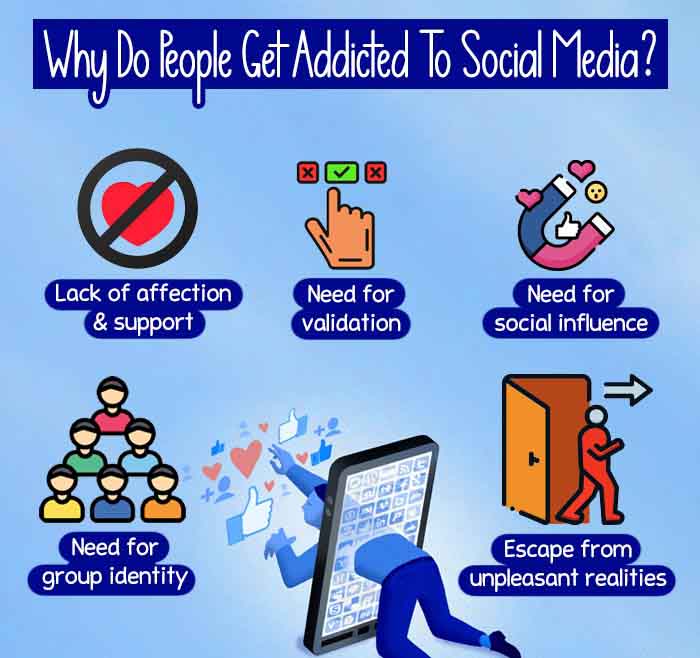
- Lack of affection and group support
- The need for validation
- The need for a widespread and growing social influence
- The need to reaffirm group identity
- Personal gratification from social media use
- Using social media to get away from unpleasant realities (family conflict, poor romantic relationships, etc.)
Mental Health Effects Of Social Media Addiction
Obsessive and excessive social media use has a devastating impact on our mental health. Social media experiences involving inauthentic and curated expressions, cyberbullying, online trolling, and personal and professional comparisons promote negativity such as reduced self-perception and inadequacy about life or appearance.
Research 6 Aydin, S., Koçak, O., Shaw, T. A., Buber, B., Akpinar, E. Z., & Younis, M. Z. (2021). Investigation of the Effect of Social Media Addiction on Adults with Depression. Healthcare (Basel, Switzerland), 9(4), 450. https://doi.org/10.3390/healthcare9040450 shows that social media addiction can trigger several mental health disorders and disabilities like:
- Self-esteem issues
- Depression [Read more]
- Anxiety [Read more]
- Fear of missing out (FOMO)
- Syndromes like ringxiety, selfitis 7 Ramesh Masthi, N. R., Pruthvi, S., & Phaneendra, M. S. (2018). A Comparative Study on Social Media Usage and Health Status among Students Studying in Pre-University Colleges of Urban Bengaluru. Indian journal of community medicine : official publication of Indian Association of Preventive & Social Medicine, 43(3), 180–184. https://doi.org/10.4103/ijcm.IJCM_285_17 , etc.
- Isolation and loneliness [Read more]
- Social withdrawal
- Behavioral disorders (linked to anger, frustration, etc.)
- Body dysmorphia
- Eating disorders [Read more]
- Substance use disorders
- Sleep disorders [Read more]
- Body aches and pain
- Obsessive-compulsive disorders [Read more]
- Self-harm and suicidal tendencies [Read more]
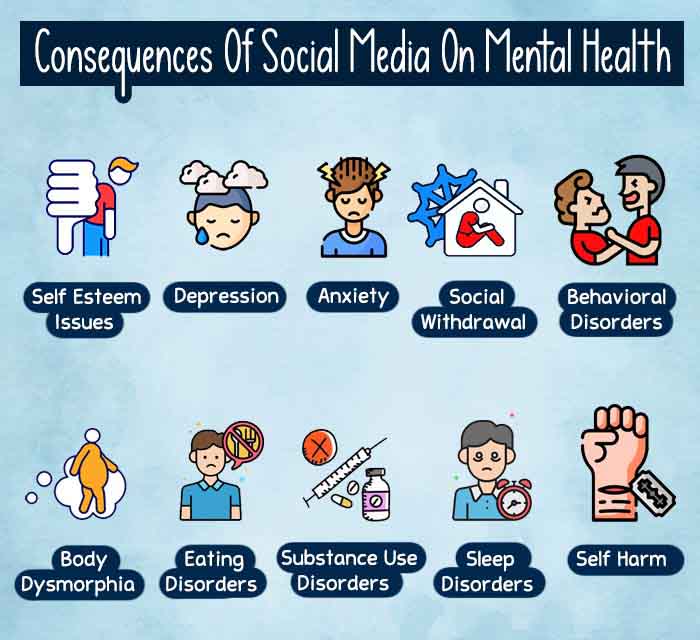
Social Media Addiction Statistics
Research 8 Montag, C., Lachmann, B., Herrlich, M., & Zweig, K. (2019). Addictive Features of Social Media/Messenger Platforms and Freemium Games against the Background of Psychological and Economic Theories. International journal of environmental research and public health, 16(14), 2612. https://doi.org/10.3390/ijerph16142612 estimates that 12% of social media users 9 Hou, Y., Xiong, D., Jiang, T., Song, L., & Wang, Q. (2019). Social media addiction: Its impact, mediation, and intervention. Cyberpsychology: Journal of Psychosocial Research on Cyberspace, 13(1), Article 4. https://doi.org/10.5817/CP2019-1-4 have an addiction to social media. Studies have also found that:
- More than 210 million people worldwide are affected by the Internet and social media addiction.
- Gen Z addicted to social media is aged 18–24 years and they usually use the social media sites of Instagram and Snapchat.
- An estimated 27% of children who spend 3 or more hours a day on social media exhibit symptoms of poor mental health.
- More males (66.4% 10 Ramesh Masthi, N. R., Pruthvi, S., & Phaneendra, M. S. (2018). A Comparative Study on Social Media Usage and Health Status among Students Studying in Pre-University Colleges of Urban Bengaluru. Indian journal of community medicine : official publication of Indian Association of Preventive & Social Medicine, 43(3), 180–184. https://doi.org/10.4103/ijcm.IJCM_285_17 ) are addicted to social media than females (33.6%).
- The risk of social media addiction gets lower as the age of the population increases. People above 60 years of age are most likely to escape this addiction.
- The occupational group 11 Aydin, S., Koçak, O., Shaw, T. A., Buber, B., Akpinar, E. Z., & Younis, M. Z. (2021). Investigation of the Effect of Social Media Addiction on Adults with Depression. Healthcare (Basel, Switzerland), 9(4), 450. https://doi.org/10.3390/healthcare9040450 with the highest level of addiction is job seekers, followed by students and retirees.

Diagnosis Of Social Media Addiction
Clinical practice classifies social media addiction as an impulse-control disorder and it meets the criteria laid down for pathological behaviors such as gaming disorder, chronic gambling, sex addiction, workaholism, etc.
Although it is not formally recognized as a mental health disorder, screening tools like Social Media Addiction Scale 12 Shahnawaz, M., & Rehman, U. (2020). Social Networking Addiction Scale. Cogent Psychology, 7(1), 1832032. doi: 10.1080/23311908.2020.1832032 (SMAS) are used for detecting excessive social media use and addiction.
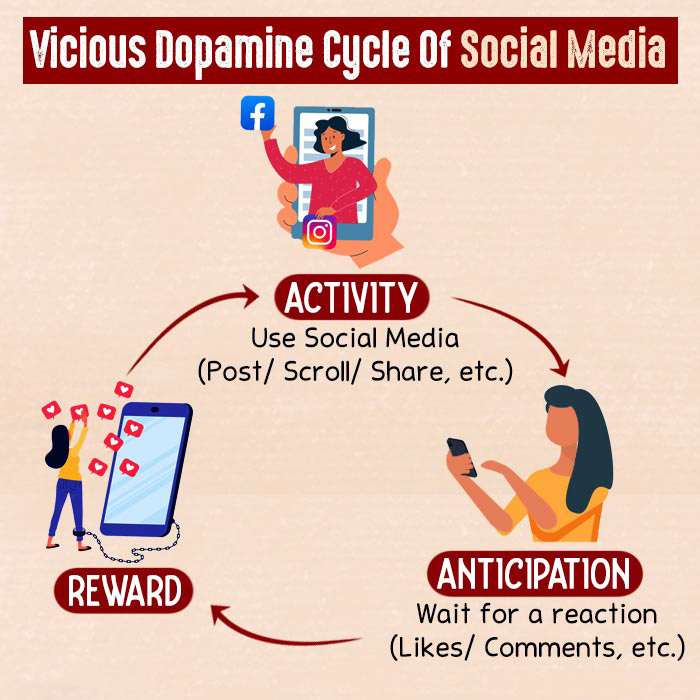
Treatment For Social Media Addiction
Much like other behavioral and conduct disorders, social media addiction carries the risk of frequent relapse and life-long prevalence. Although there is no medical treatment for this disorder, certain established therapeutic interventions could prove to be quite effective, such as:
- Cognitive behavioral therapy 13 Young K. S. (2007). Cognitive behavior therapy with Internet addicts: treatment outcomes and implications. Cyberpsychology & behavior : the impact of the Internet, multimedia and virtual reality on behavior and society, 10(5), 671–679. https://doi.org/10.1089/cpb.2007.9971 (CBT) [Read more]
- Group Motivation Enhancement Therapy 14 Manwong, M., Lohsoonthorn, V., Booranasuksakul, T., & Chaikoolvatana, A. (2018). Effects of a group activity-based motivational enhancement therapy program on social media addictive behaviors among junior high school students in Thailand: a cluster randomized trial. Psychology research and behavior management, 11, 329–339. https://doi.org/10.2147/PRBM.S168869
- Dialectical Behavior Therapy 15 Pluhar, E., Jhe, G., Tsappis, M., Bickham, D., & Rich, M. (2020). Adapting Dialectical Behavior Therapy for Treating Problematic Interactive Media Use. Journal of psychiatric practice, 26(1), 63–70. https://doi.org/10.1097/PRA.0000000000000439
Self-help coping strategies are usually the first step to managing social media and internet-related addictions. However, in extreme cases of social media addiction, it is recommended that a mental health professional (MHPs) be consulted.
Sometimes, excessive social media use can also lead to symptoms of eating disorders or body dysmorphic disorder (BDD). In such cases, it may be wise to consult a therapist and seek professional treatment.
Read More About Eating Disorders Here
How To Break Social Media Addiction
Breaking social media addiction can be quite hard. Consider the following tips to decrease social media use:
- Keep a track of online activity and try to moderate it
- Treat yourself to a brief “social media detox”. Deactivate or uninstall your social media apps for a whie.
- Turn off notifications from social media platforms that are not related to work.
- Set a bare minimum time for scrolling through social media.
- Use social media-limiting apps.
- Try to take up hobbies that require you to go out/ stay away from your phone.
- Avoid social media use before bedtime to enjoy quality sleep.
- Practice self-care (like journaling, hiking, gardening, etc.).
- Turn off your phone during work, school, meals, and recreational activities.
- Spend time with your friends and family in person whenever possible.
Takeaway
Social media addiction is a crippling mental health condition and can negatively impact your life, normal functioning, and social relationships. Its timely diagnosis and proper treatment mean that you can address its long-term consequences early on and enjoy a happier, more fulfilling life.
At A Glance
- Social media addiction is an unhealthy dependence on interactive social media platforms such as Facebook, Twitter, Instagram, etc.
- It involves the pathological use of social media and an obsessive preoccupation with internet activities.
- Its primary signs involve psychological dependency and withdrawal symptoms induced by social media use.
- It is triggered by several factors, namely, the need for online validation and personal gratification or an attempt to cope with unpleasant circumstances.
- It is most prevalent amongst the adolescent, the youth, and the adult population.
- Social media addiction can be easily managed by self-help strategies.
Frequently Asked Questions (FAQs)
1. What type of people are addicted to social media?
People with character traits 16 Peris, M., de la Barrera, U., Schoeps, K., & Montoya-Castilla, I. (2020). Psychological Risk Factors that Predict Social Networking and Internet Addiction in Adolescents. International journal of environmental research and public health, 17(12), 4598. https://doi.org/10.3390/ijerph17124598 of neuroticism, conscientiousness, and agreeableness are particularly linked with social network addiction.
2. How long has social media addiction been around?
The notion of “Internet addiction disorder” was developed by Ivan K. Goldberg in 1995.
3. Is social media addiction genetic?
About two-thirds of a person’s social media habits are linked to genetic traits and learned psychosocial behavior.
4. What to do if your partner is addicted to social media?
If you think your partner is addicted to social media, communicate openly with them to address the issue. Discuss how much time you expect him/her to be on social media and listen to their thoughts on how they use or plan to use social networking sites. Help them come up with a plan to handle social media.
5. What can parents do to prevent social media addiction?
Parents need to be mindful of their children’s social media use. They must keep a check on the youngsters’ online activities and put a time limit on their online presence to curb this problem.
6. Who is more addicted to social media men or women?
Males 17 Su, W., Han, X., Yu, H., Wu, Y., & Potenza, M. N. (2020). Do men become addicted to internet gaming and women to social media? A meta-analysis examining gender-related differences in specific internet addiction. Computers in Human Behavior, 113, 106480. https://doi.org/10.1016/j.chb.2020.106480 have been proposed to be more vulnerable to social media addiction than females.

